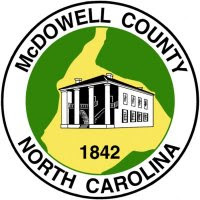Here are some of the highlights of the meeting:
Common carp is classified as a non-game fish. Regulations are a less stringent since it is not considered a game fish. If it is taken for some purpose other than bait, it is regulated by a special device license. Special devices vary by county. Time of harvest vary by county. Many of these regulations originate within the county, and some regulations are politically driven.
Carp pond owners want common carp greater than 15 lbs. Twenty years ago it was common to get 19-20 lb fish. Today they average 15 lbs. Haulers are traveling as far away as
In
Some carp pond owners cull their fish. Some owners cull carp 12 lbs and under.
Protocol for regulation changes:
In January, public meetings are held by the North Carolina Wildlife Resources Commission. At these meetings, proposed regulation changes can be entered into public record. Recommended regulation changes can also be sent in writing to the Wildlife Commission. They must be submitted before July. An internal review is down from staff’s recommendation and public input. Biological and enforcement staff reviews the comments where regulations are pared down. The Commissioners take staff recommendations. In January when public hearings are held, people can submit comments about proposed regulation changes.
Please feel free to comment. If you know ANY history about the harvest of common carp in North Carolina, please comment. I will add and update this post as more information is gathered.
No comments:
Post a Comment